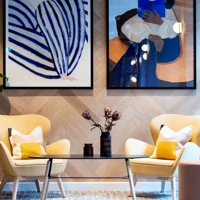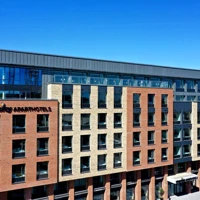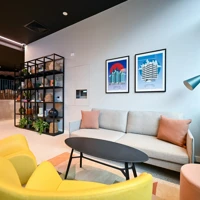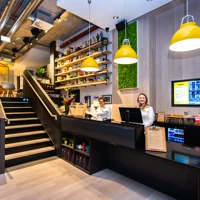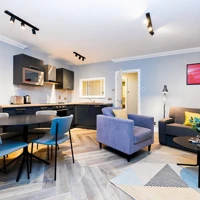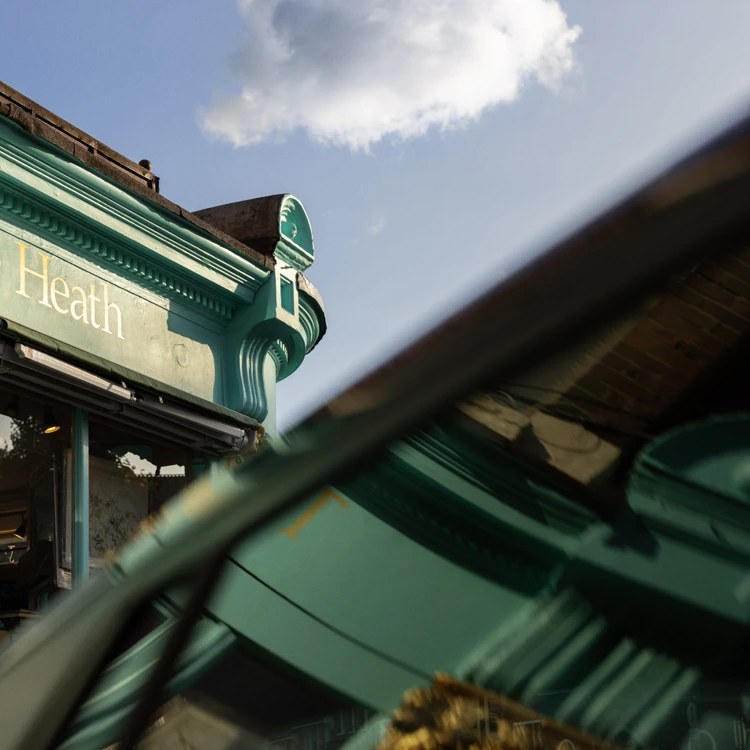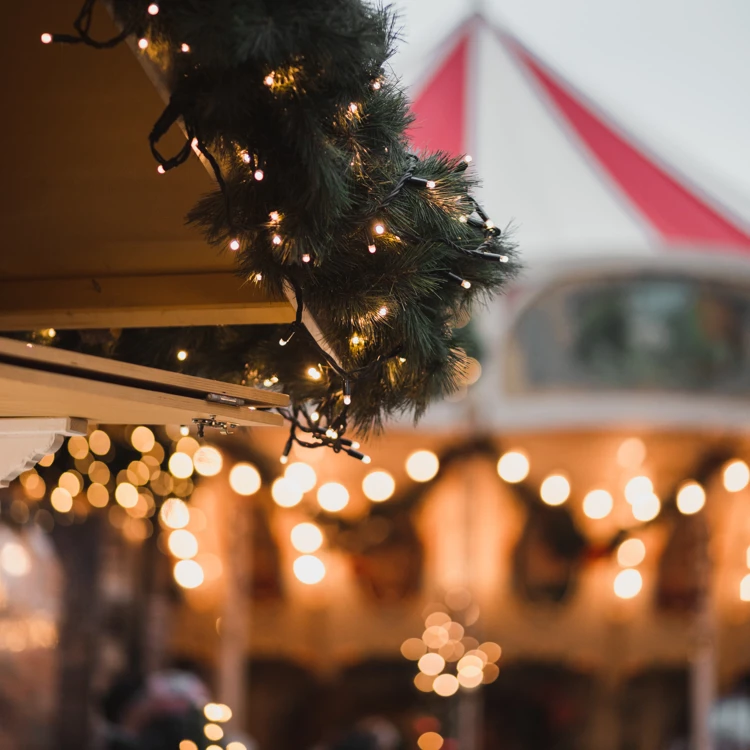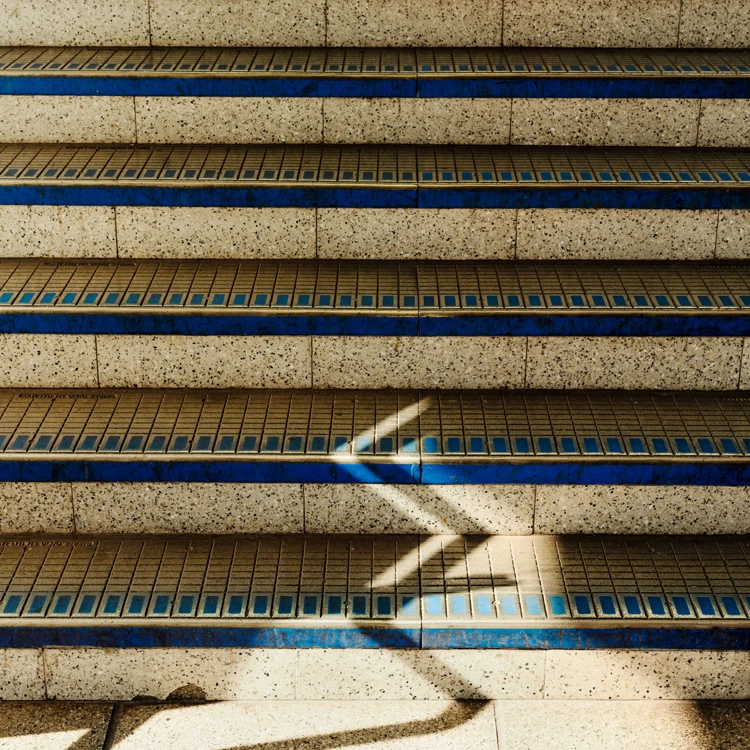Pride month has landed in Dublin and this year it's bigger and better than ever! At Staycity we're genuinely passionate about celebrating and educating ourselves on LGBTQIA+ issues with company events throughout the month including seminars and guest speakers. As Dublin is our home we will be partnering with the official Pride Parade and circulating LGBTQIA+ materials across our company. Happy Pride everyone!
View this post on Instagram
what is pride and why do we celebrate it?
Pride is a celebration of people coming together in love and friendship, to show how far LGBT+ rights have come, and how in some places there's still work to be done. The month is about acceptance, equality, celebrating the work of LGBT+ people, education and raising awareness of issues affecting the community. It also calls for people to remember how damaging homophobia was and still can be.
View this post on Instagram
a brief history of lgbt+ rights in ireland
The Sexual Liberation Movement started as an undercover meeting between 10 Trinity College students in 1973. These trailblazers gathered to mobilise systemic change in areas including feminism, racism, gay rights, colonialism, art, and literature. 2023 will mark it’s 50th anniversary. In an interview with the Irish LGBT+ Oral History Project in 2013, original member Edmund Lynch shared his thoughts and experiences working with the SLM; “It was shortly after, two or three years after Stonewall, and gays were beginning to rise. They were beginning to feel it’s time for us to get our rights.”
Looking back on all that has changed over the last 50 years, and the legacy that has been left by the SLM, Lynch says that he is hopeful for the future of sexual liberation in Ireland, but stresses the fact that the future is now in the hands of Ireland’s queer youth.
View this post on Instagram
the march to fairview
Fairview Park is situated just North of Dublin City and was a popular spot for gay men to meet in the 1980’s. On the night of September 9th, 1982 a young gay man named Declan Flynn made his way through the park after a night out with friends. The next morning Declan was found in the park, murdered by a gang of five teenagers including a 14-year-old boy, who had been carrying out other attacks on gay men in the park.
Although the group received between one and five years on guilty pleas to manslaughter, they walked free after the judge suspended their sentences as he believed, that “no element of correction is required. All of you come from good homes and experienced care and affection, this could never be regarded as murder”.
In response to the verdict, the largest gay rights demonstration ever seen in Ireland took place on the 19th of March, 1983. Approximately 400 men, women, and children marched in protest against street violence and the unjust sentences. The demonstrators walked from Liberty Hall to Fairview Park and were organised by the Dublin Gay Collective. This is considered to be the birth of the modern Dublin Pride movement. Later that year, the first Dublin Pride Parade would take place.
View this post on Instagram
decriminalisation of homosexuality in ireland
Ireland is considered to be one of the most liberal countries in terms of attitudes towards LGBT+ people. In 2015, we became the first country to legalise same-sex marriage by popular vote. However, this wasn't always the case.
Same-sex sexual activity was only decriminalised in Ireland in 1993. This was the result of a campaign by Senator David Norris and the Campaign for Homosexual Law Reform which led to a ruling in 1988 that Irish laws prohibiting male homosexual activities were against the European Convention on Human Rights. Before 1993, anti-LGBT+ laws dating from the nineteenth century were in full effect.
In 2018, Taoiseach Leo Varadkar issued a public apology to members of the LGBT+ community for the suffering and discrimination they faced from the Irish state prior to 1993. Despite this victory for the community, it still faces many issues including conversion therapy with a ban currently stalled in the Seanad. Sex education in schools is considered to be under-par, especially in relation to LGBT+ topics. Legislation to include lessons on contraceptives, LGBT sexual health and consent lapsed with the dissolution of the Oireachtas in 2020.
View this post on Instagram
useful information
Undetectable = Untransmissable
'Undetectable = Untransmittable' is a campaign explaining how the sexual transmission of HIV can be stopped and helps us break down dated stereotypes and stigmas. When a person living with HIV is on effective treatment, it lowers the level of HIV in the blood. When this level is low it is referred to as an ‘undetectable viral load’. At this stage, HIV cannot be passed on sexually.
PrEP (pre-exposure prophylaxis) is a drug that can reduce your chance of getting HIV from sex or injection drug use. When taken as prescribed, PrEP is highly effective for preventing HIV. It is available through the HSE free of charge to those who are considered to be at substantial risk of contracting HIV through sex or who have multiple partners.
You can visit sexualwellbeing.ie for more information and a list of PrEP providers in Ireland.
Pronouns
Pronouns are an important aspect of one’s gender identity. When it comes to people who are from gender diverse communities correct pronoun usage not only affirms a person’s identity but also can create a safe and welcoming environment. Please use this helpful guide from mypronouns.org to understand how and why these are so crucial:
“If I don’t personally know someone, how can I know their pronouns?”
The best way to know anyone’s pronouns is to ask! Create a space where knowing someone’s personal pronouns is important and valued. Don’t assume anyone’s pronouns and if you know someone’s name and do not know pronouns, use their name! It may feel strange at first but it is important to practice.
“I messed up someone’s pronouns, how can I correct myself?”
Realise in the moment that you have incorrectly identified someone’s pronouns, use the correct pronouns immediately and continuing talking. It is important to make sure you have established an environment for feedback and dialogue. If the person needs to follow up create a space where that can happen.
help & services
If you’ve any questions, concerns or just want someone to talk to, there are lots of options available:
GenderED.ie provides information and resources for families of gender variant children and transgender young people.
National LGBT Hotline
Call: 1800 929 539
The LGBT Helpline is a non-judgmental and confidential service providing listening, support and information to LGBT+ people, their family and friends.
OutHouse
Call: 01 873 4999
Outhouse organises and hosts a number of LGBT+ Peer Support Groups that meet regularly in Dublin City Centre.
Pieta House
Call: 1800 247 247 or text HELP to 51444
Pieta House is the centre for the prevention of self-harm or suicide.
Transgender Equality Network Ireland
Call: 01 873 35 75
For supports and healthcare resources available to Transgender people.
useful terms
There can be a lot of acronyms and phrases associated with Pride and the community, we know that sometimes it can be confusing to remember but lets create an environment where we can all be open and not be afraid to ask questions!
Ally
Allies can identify as LGBT+ or straight and are people who stand up for, support and encourages the people around them. We should always aim to be an ally!
Cisgender
A person whose gender identity corresponds with the sex registered for them at birth.
LGBT+
An umbrella term for the community which stands for Lesbian, Gay, Bisexual and Transgender, the plus also includes other groups within the community.
Non-binary
An umbrella term for people whose gender identity doesn’t sit comfortably with ‘male’ or ‘female’. Non-binary identities are varied and can include people who identify with some aspects of binary identities, while others reject them entirely.
Queer
A word reclaimed by the community, queer relates to a sexual or gender identity that does not correspond to established ideas of sexuality and gender, especially heterosexual norms.
dublin pride
Join us on Saturday, June 29th, from 10:30am-2:30pm, as we partner with Dublin Pride and participate in the Dublin Pride Parade! We can't wait to see you there 🏳️🌈
staying at dublin city quay
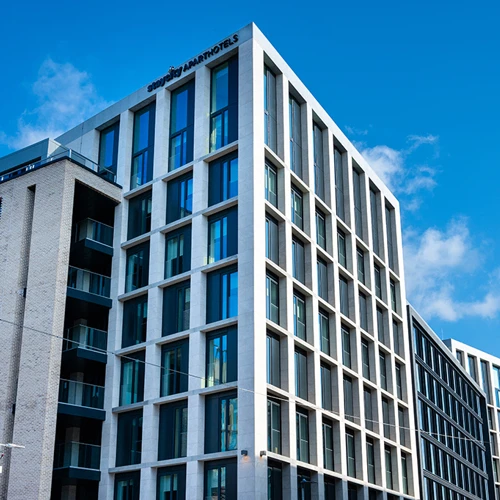
Riverfront views, top museums, artsy students, traditional pubs, Docklands, wine bars, and trendy restaurants.
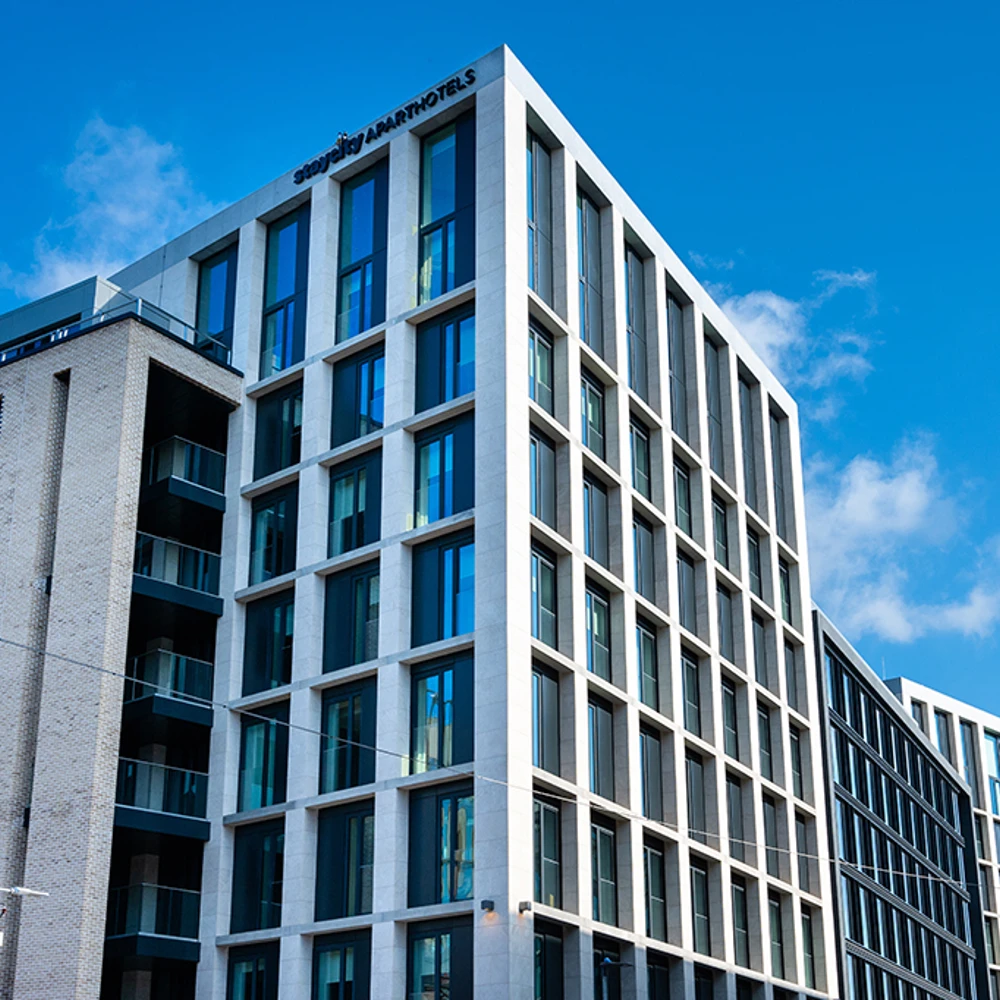
locations close by
related stories


